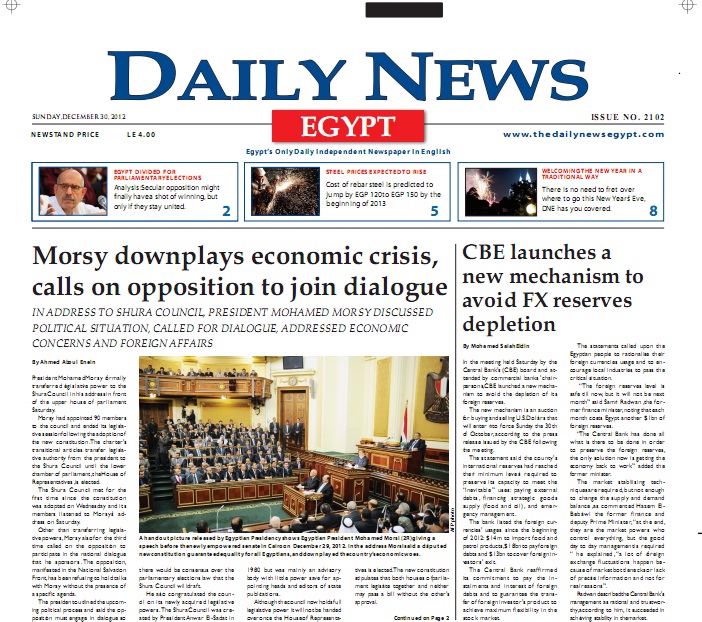CAIRO: Iftar was the meal and Nile Hilton the venue, for both British and Egyptian businessmen and women to say goodbye to one of their loudest cheerleaders, H.E. Sir Derek Plumbly.
The British ambassador, who is married to an Egyptian, said goodbye to the British Egyptian Business Association (BEBA) on Monday night, warning that there was plenty of fun in store for bilateral relations before he finally pulled up stumps after four years in Garden City.
“There are still a couple of months to go, and I am sure they will be fun, with a heavy emphasis on UK-Egyptian relations. In November, Tutankhamun arrives in London and British film is showcased at the Cairo Film Festival.
The British ambassador has been a staunch supporter of BEBA during his tenure and appeared proud when he announced a new series of workshops aimed at Egyptian entrepreneurs.
“The Egyptian British Business Council will soon announce a series of workshops to bring senior executives from major British-based multinationals, together with the Industrial Training Council, to pass on their skills and experience in modern management techniques, marketing and staffing.
Britain’s history in Egypt is being played out presently on Ramadan TV, in a historical drama about King Farouk at 10 pm nightly. Though the monarchy may have been overthrown, the British are still here and are Egypt’s largest source of non-Arab foreign investment.
“The embassy’s Trade and Investment section is busier than ever with British companies looking to do business here, the ambassador said.
One of the newest investments to be announced in the next few weeks is in the tourism industry. Abercrombie and Kent are to put $20 million into a tourism development in Aswan, not to mention the arrival of BMI Airlines, which now makes three daily flights between Cairo and London.
In his speech though, the ambassador did highlight the need for Egypt to reform its education sector, because industry was crying out for skilled and qualified workers.
“The most insistent message I hear from business today concerns the need to equip young people with the skills and education required for the market place in the 21st century.
A point echoed by CNN, who aired a story the same evening, on the lack of skilled labor available in South Africa in the run up to the 2010 Football World Cup. This gap in the labor market is pushing contractors towards Asia, sourcing workers in the Philippines and Bangladesh.
Supplying foreign labor is often a short-term solution for major projects, but even the Gulf States who have relied for decades on skilled Asians have seen a sharp increase in salaries, because those developing economies are now paying more for domestic skills, keeping workers at home.
The British ambassador outlined the extensive portfolio of investment in the education industry and announced that the British VSO were returning with a youth exchange program taking young Egyptians to the UK and bringing qualified British teachers to Egypt.
With more than 30 years experience in the Middle East, the business community will surely miss such a prominent cheerleader as the ambassador, who did warn that Egyptians are too modest about their achievements.
“I sometimes think that Egyptians are too modest about their achievements, and too downbeat about the country’s prospects. The opportunities are enormous.
“It has been a great privilege to serve here during the past four years, and our partnership with BEBA has been a particular source of strength, the ambassador said.
But what will he miss from Egypt? “Not the foul or the mulukhiyya, both are available from Harrods, he said with a grin. Yeah, but I bet Harrods don’t deliver!

